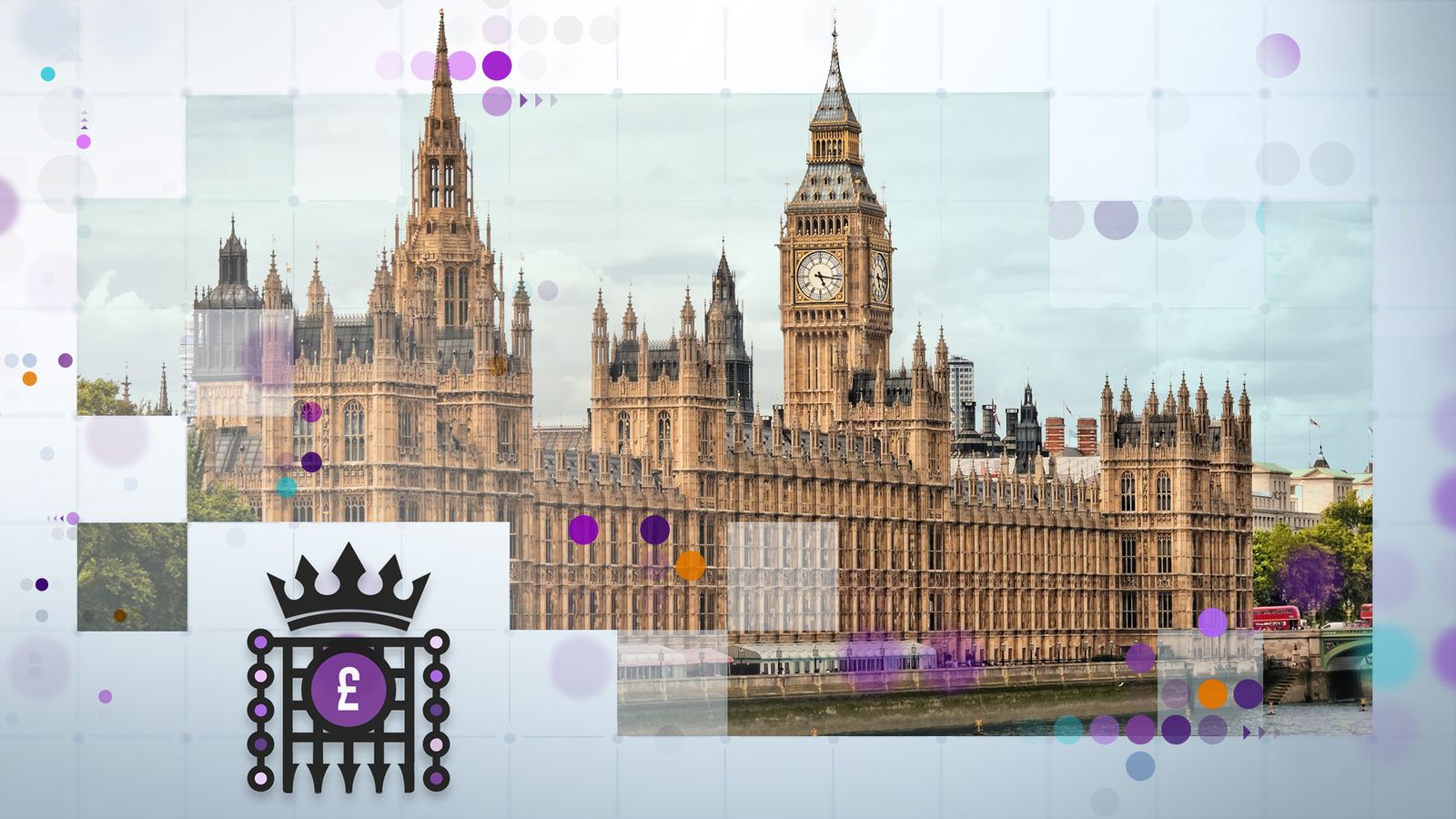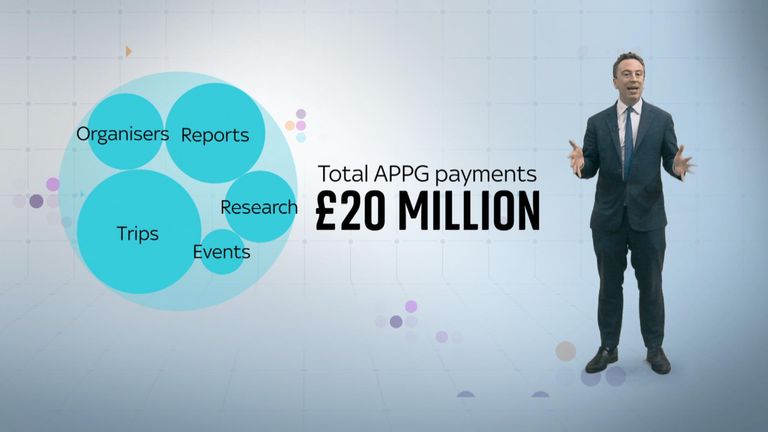New rules must be adopted to prevent hostile states and lobbyists buying access to politics, MPs have been warned.
The Commons Standards Committee has proposed a package of reforms to improve transparency around All-Party Parliamentary Groups (APPGs) to avoid them becoming the “next big scandal”.
APPGs are informal interest groups of MPs and peers that facilitate cross-party work on an issue, a country or a sector.
They have come under greater scrutiny following MI5’s revelation that a woman who helped set up a group called Chinese in Britain was a spy.
Labour MP Chris Bryant, who chairs the standards committee, warned it is “very easy” to peddle influence through APPGs and their numbers have spiralled.
“Our big concern is that there are far too many all-party parliamentary groups and that they are in danger of becoming the next big scandal in British politics,” he told Sky News.
“It is very easy to lobby MPs, to peddle influence through an APPG, hardly even spending any money and that is just inappropriate.
“We want to make sure that every APPG has proper support in parliament and isn’t just something that has been cooked up by a PR company or a lobbying company in an attempt to exercise undue influence.”
While APPGs are run by and for members of the Commons and Lords, many choose to involve individuals and organisations from outside parliament in their administration and activities.
Westminster accounts: Search for your MP here
With the number of active groups over 700 – from banking, beer and Bermuda, to Christianity, climate change and China – there is concern over improper links.
The standards committee is calling for an outright ban on secretariats provided by foreign governments and for annual reports on income and spending to be published to enhance transparency.
Other proposals include barring MPs from sitting on more than six APPGs and introducing tougher rules on the governance of groups receiving more than £1,500 a year in outside benefits.
The committee also issued a warning against access passes to parliament being handed to external secretariats of APPGs.
Mr Bryant said the reforms are “tough” and “some colleagues will not be happy with them”.
But he said they are necessary to prevent the groups being exploited by commercial interests or by foreign state actors who want to “undermine the way we do democracy”.
While acknowledging many APPGs are “brilliant”, Mr Bryant said: “There are just too many that I look at and I go ‘ooh that is very close to pursuing a commercial interest for an individual’.
“And sometimes, even the person who runs the APPG, the MP, used to work for that organisation before they came into parliament – and you think… I don’t know, it just doesn’t pass the sniff test.”
Click to subscribe to Beth Rigby Interviews… wherever you get your podcasts
Labour MP Barry Gardiner, the former chair of the now disbanded Chinese in Britain APPG, received more than £500,000 in donations from Christine Lee before MI5 warned she was a spy last January.
Sky News’ Westminster accounts project revealed the groups have received over £20m worth of funding from external organisations since the 2019 general election, with registered lobbying agencies dominating the ranks of the biggest benefactors.
There has been a particular focus on how MPs have used the groups as justification for accepting gifted travel and trips abroad from foreign governments.
Sir Lindsay Hoyle and Lord McFall, the speakers of the House of Commons and Lords, are among the senior figures who have backed calls for reforms.

